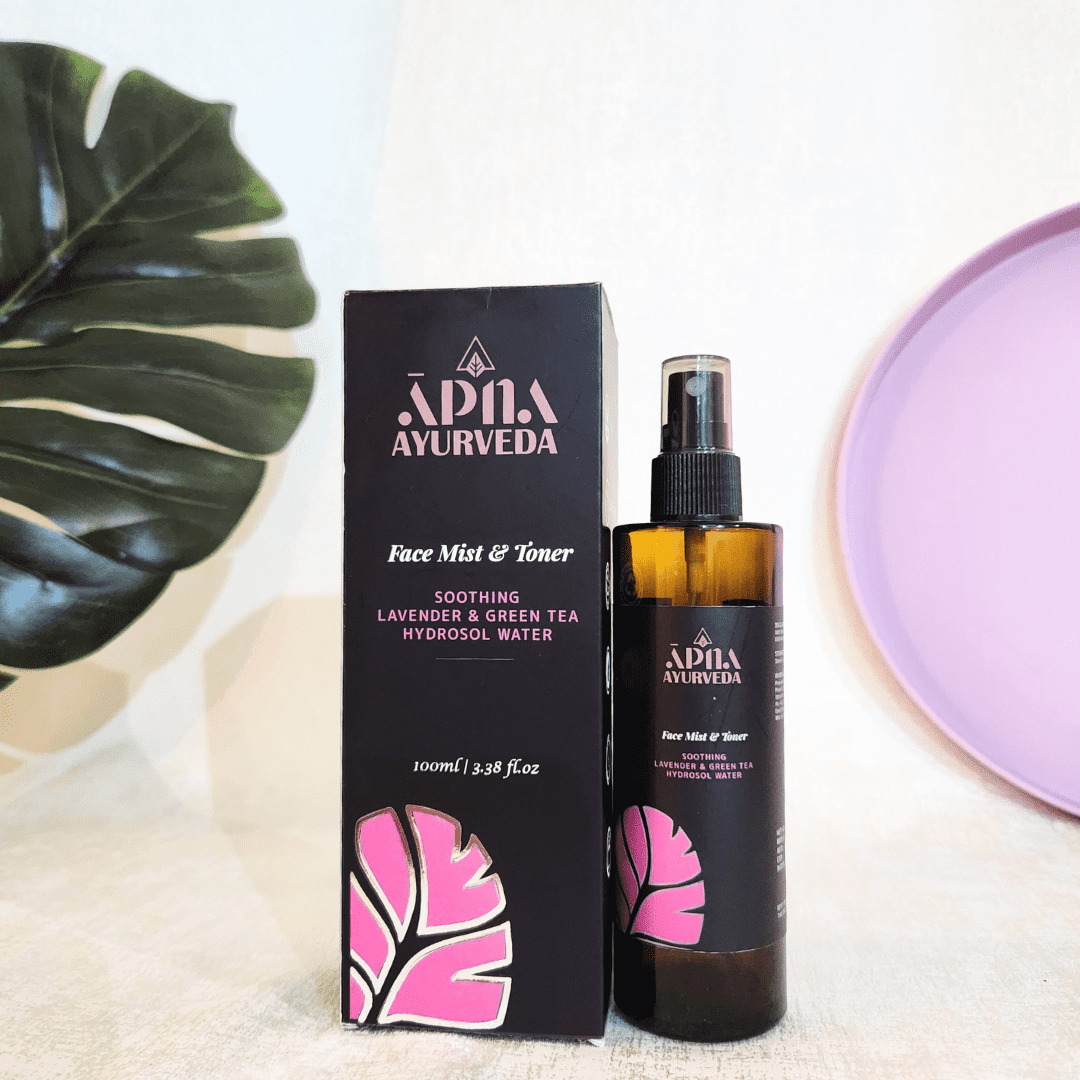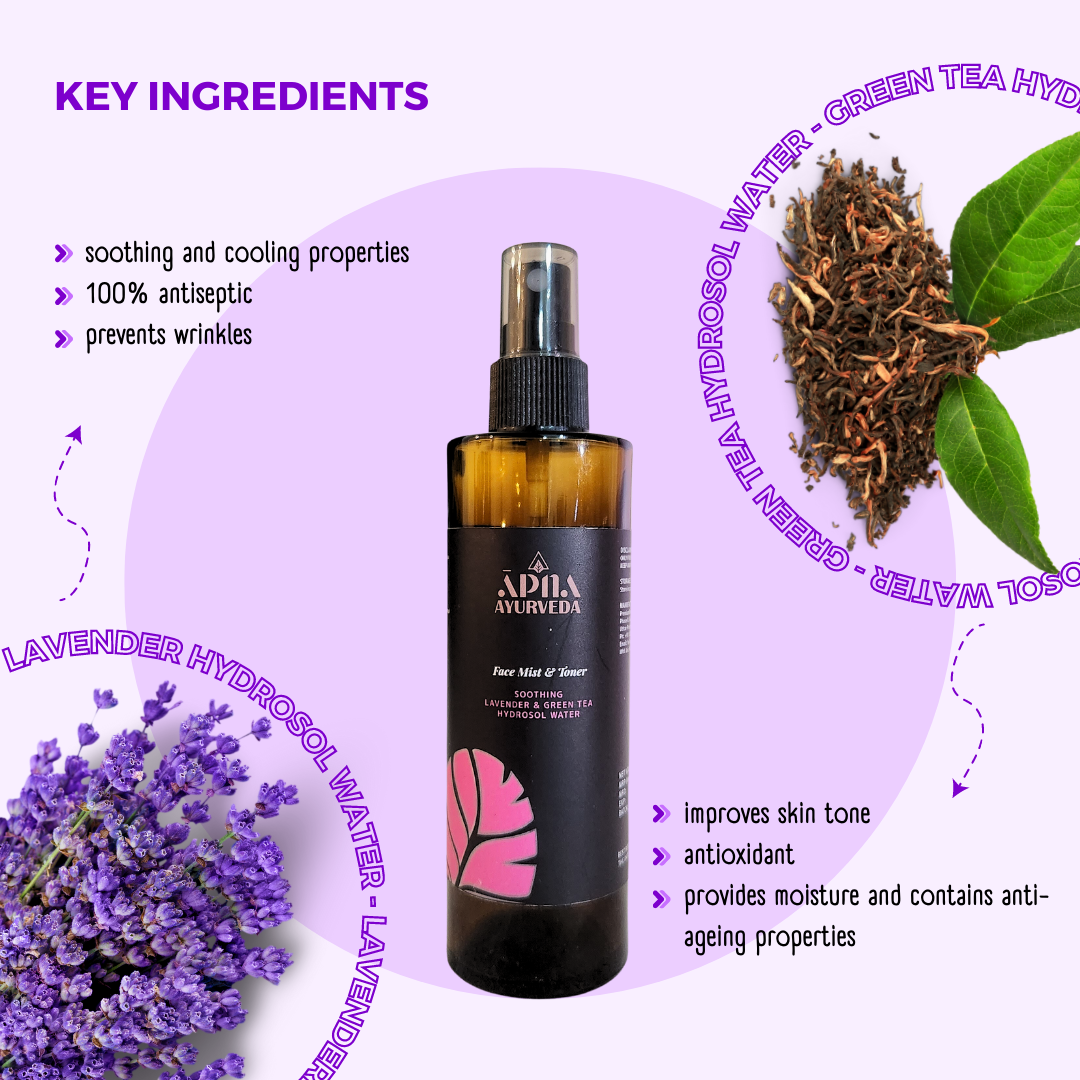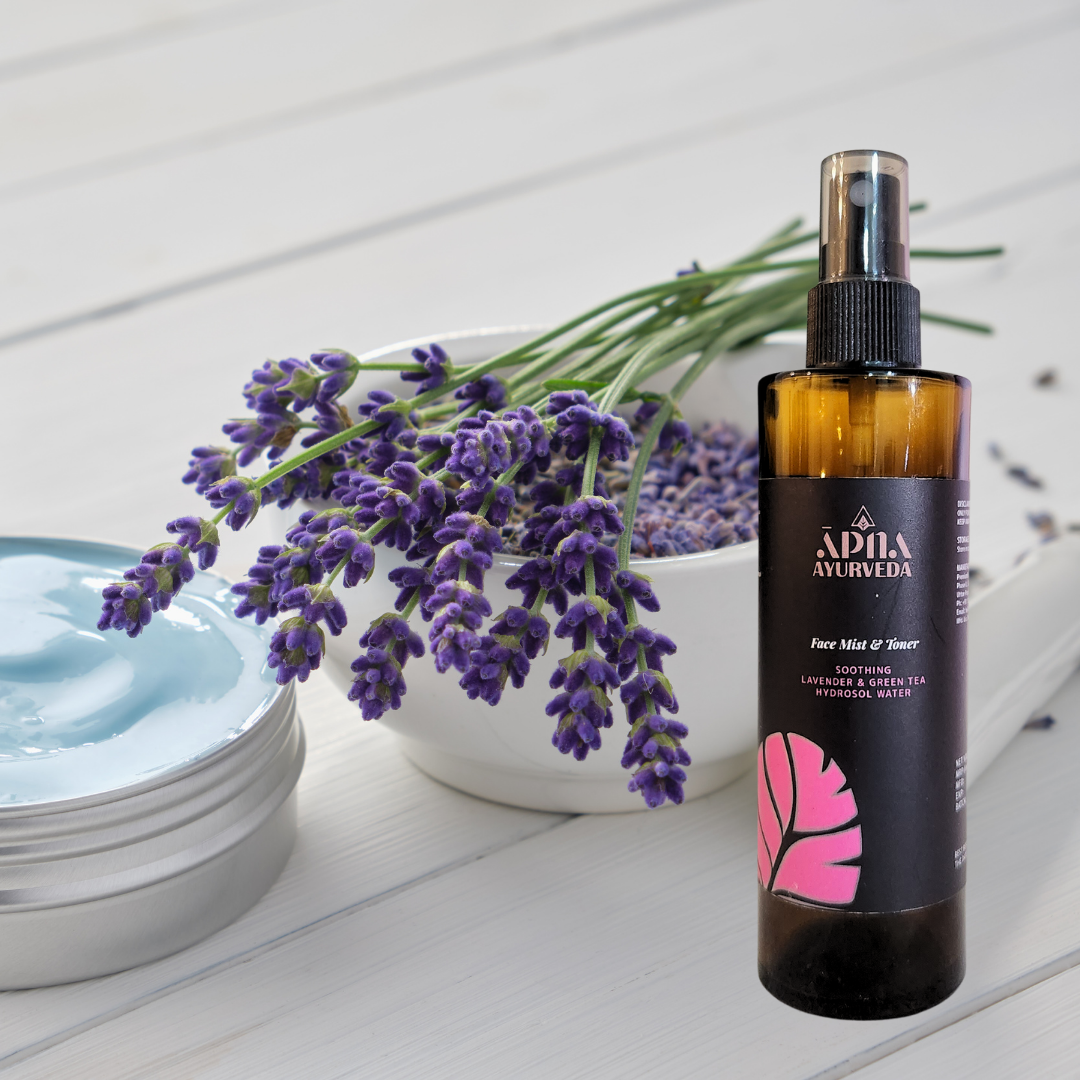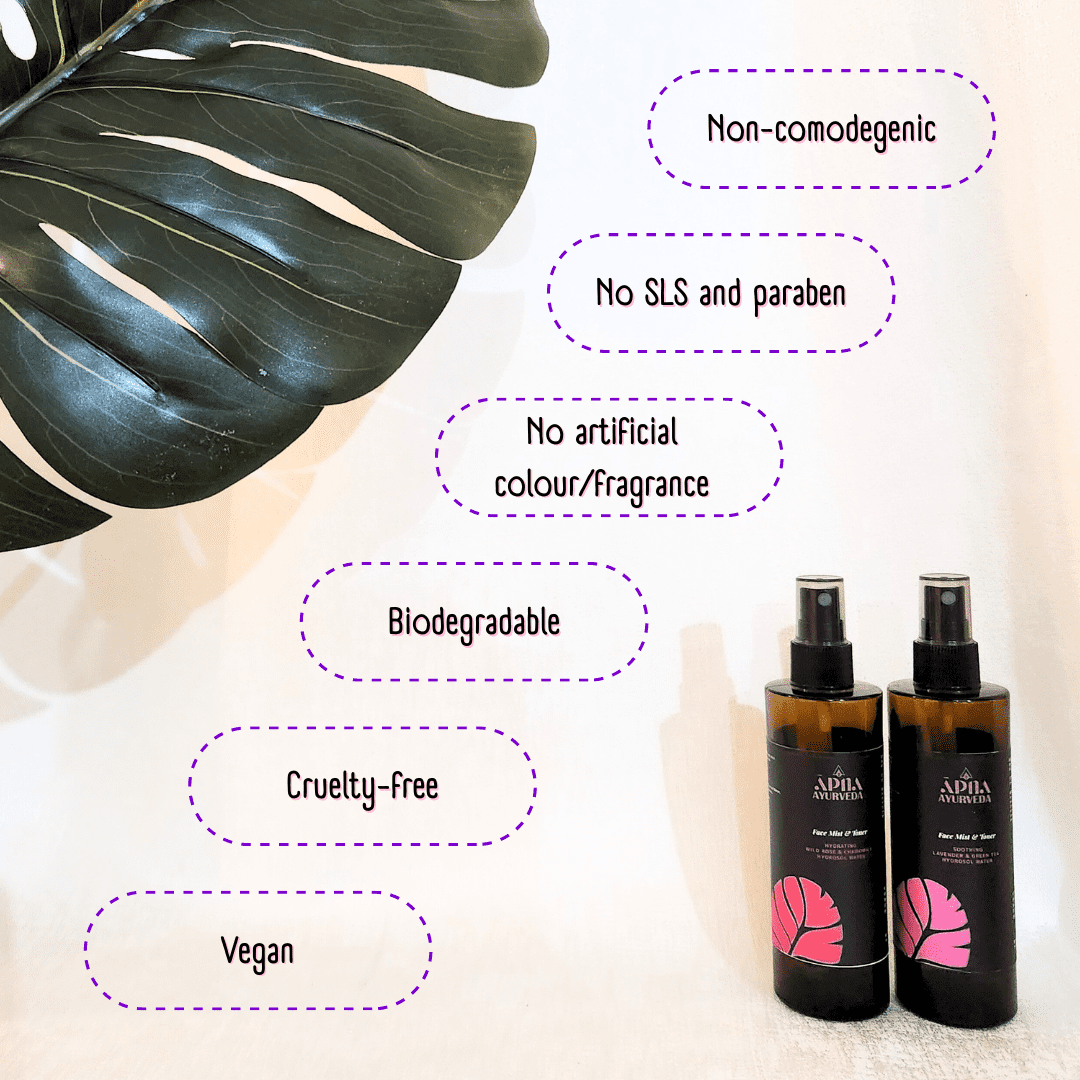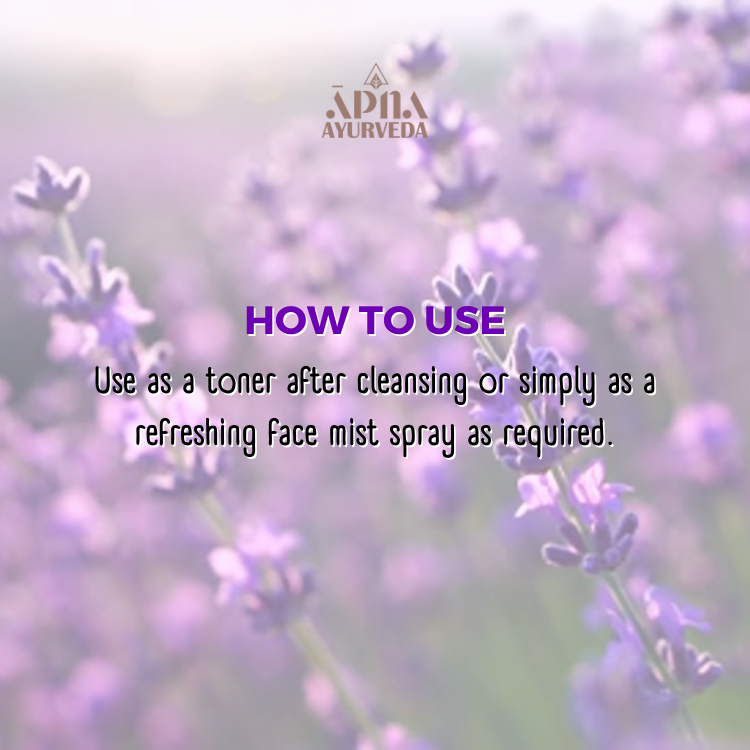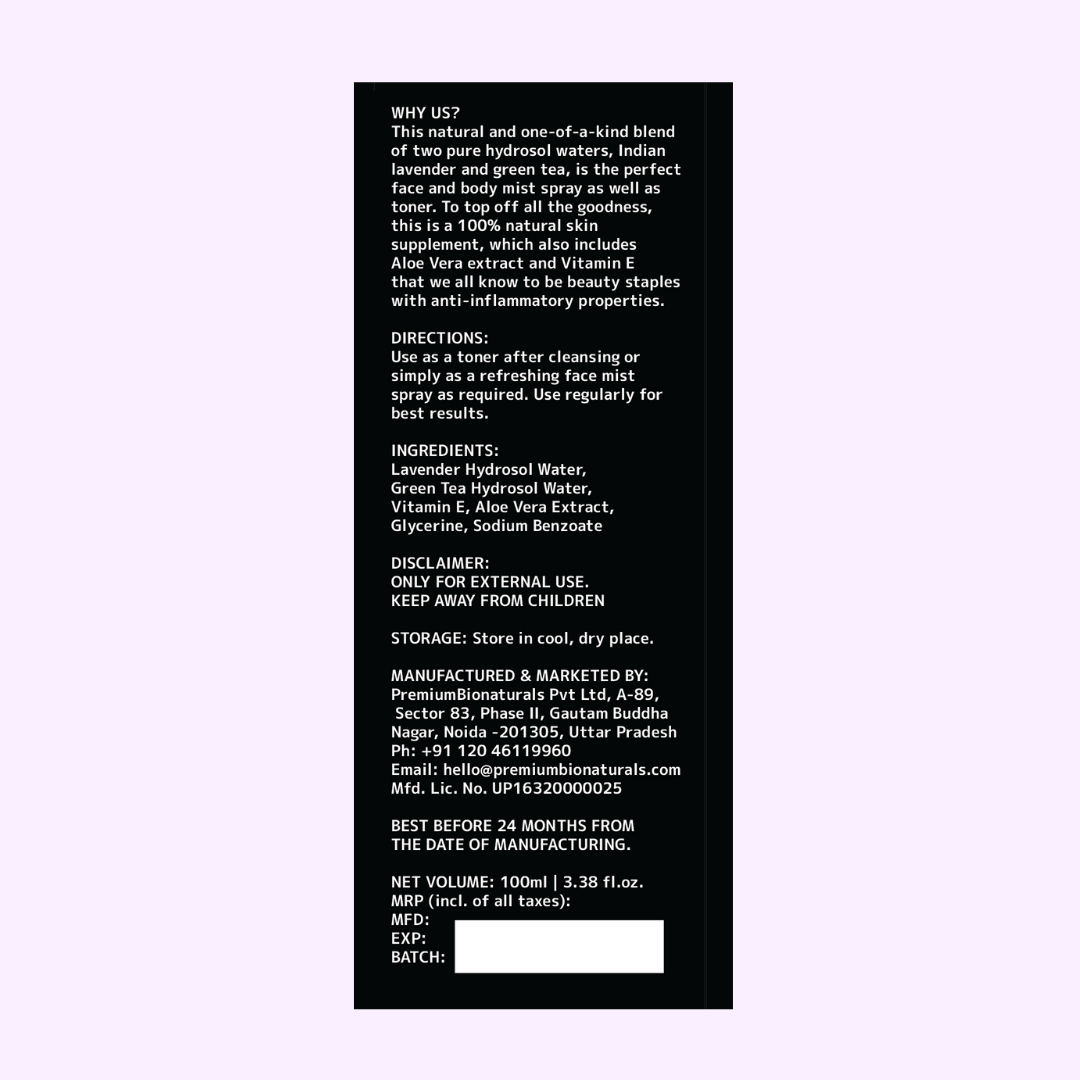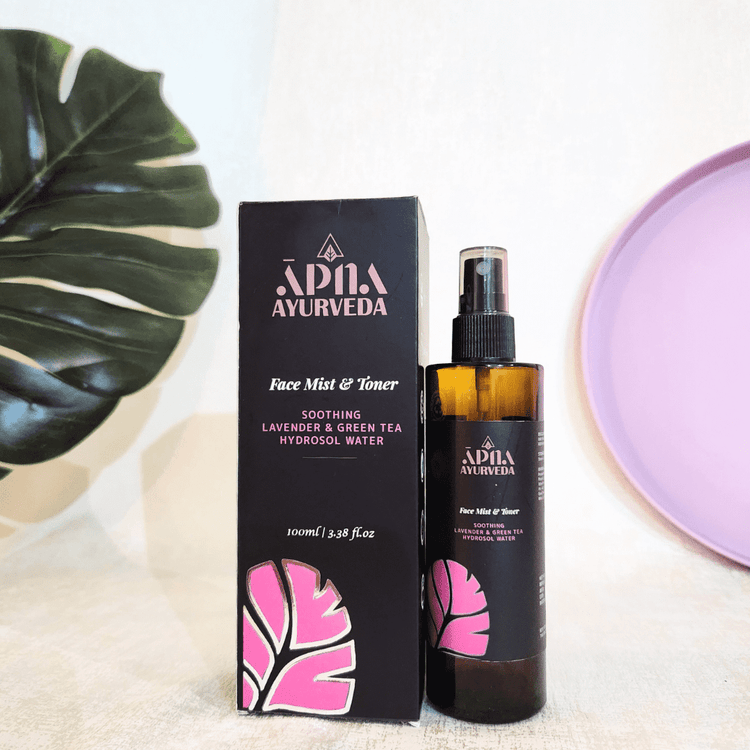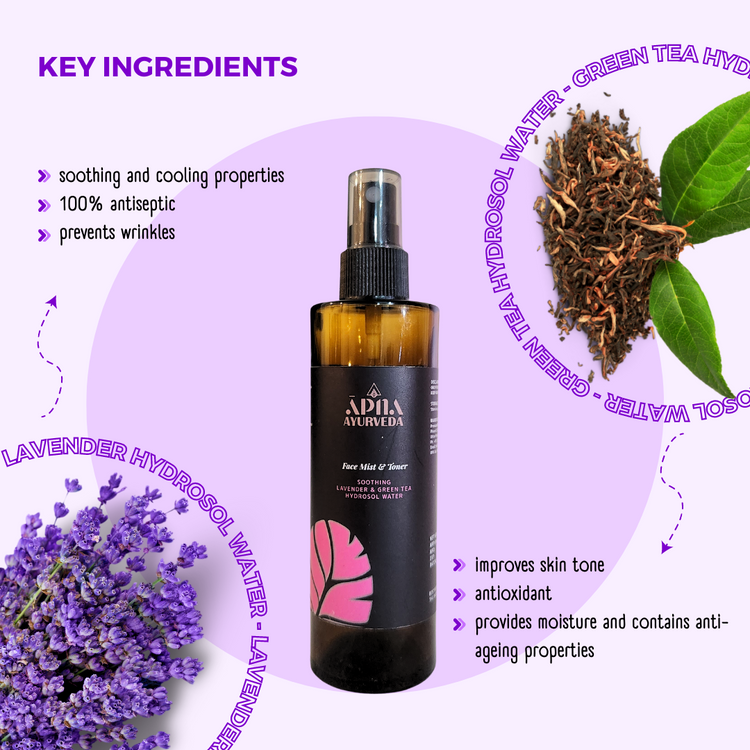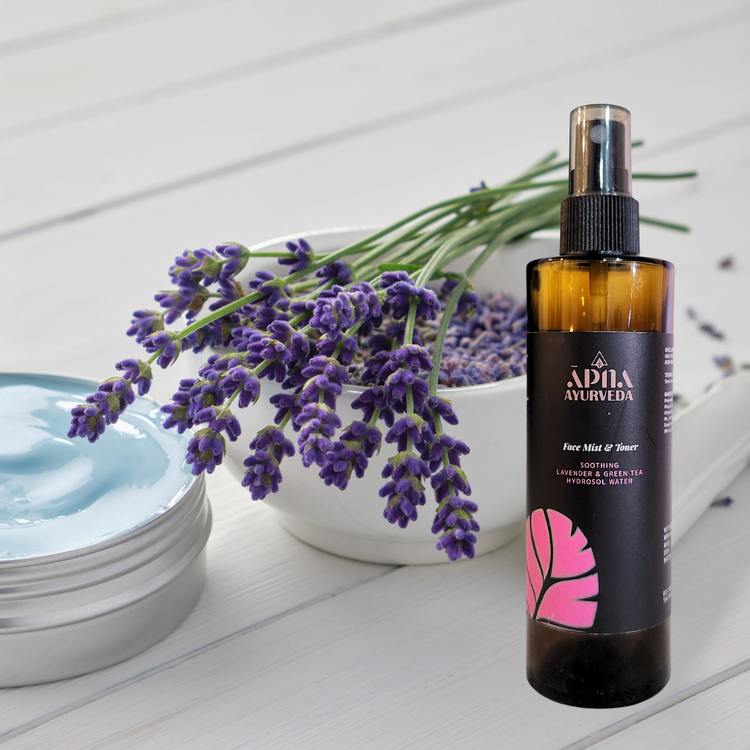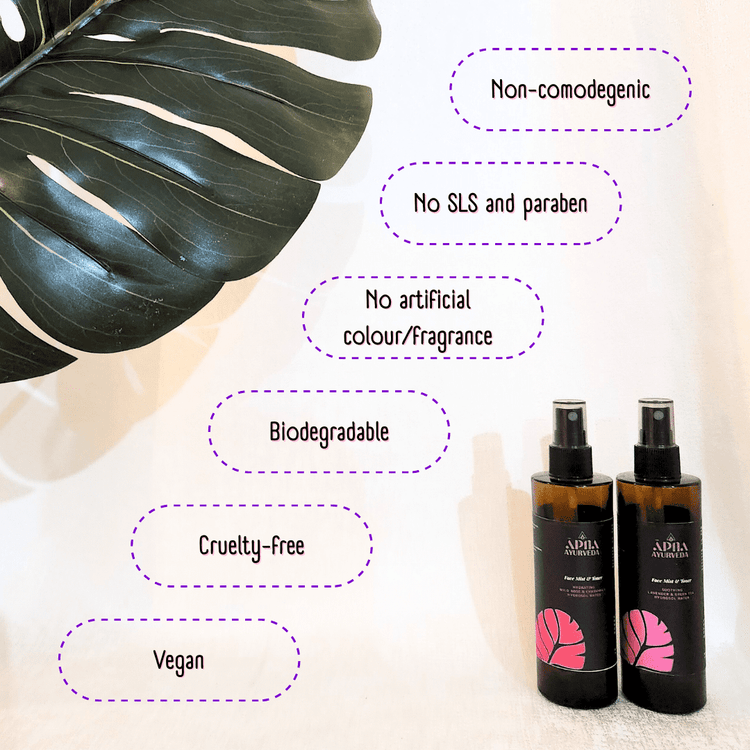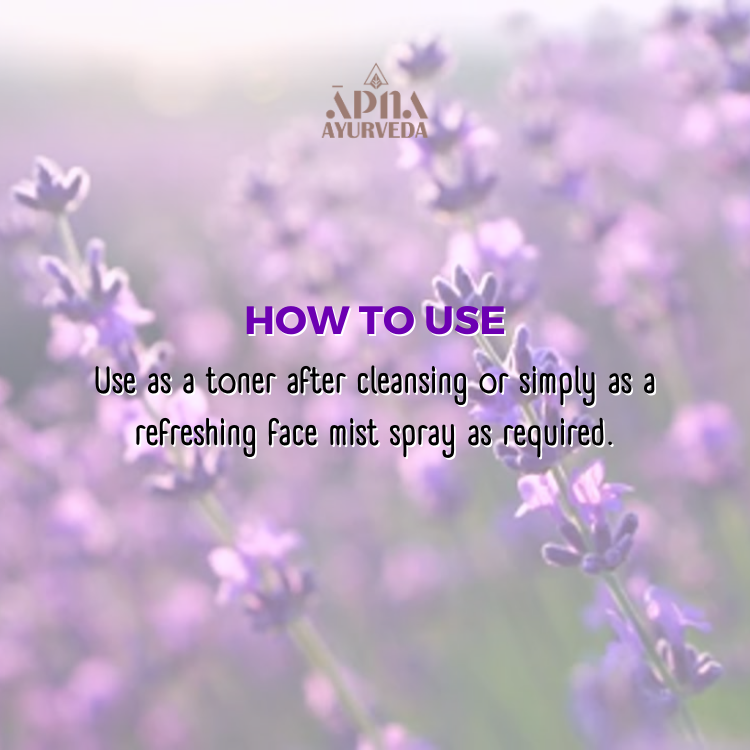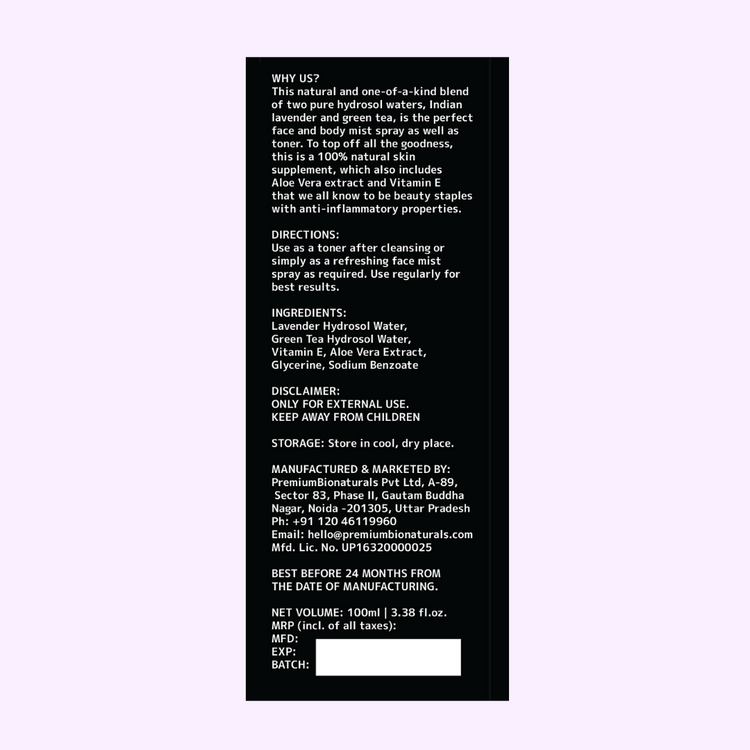There's more to a nighttime skincare routine than just removing our makeup before bed. When we sleep, our skin goes into a "repair mode", repairing wounds, replenishing fluids, and shedding dead skin cells. Building an effective night routine for your skin is essential for achieving that natural glow. Even after giving your body the right nutrients and applying moisturisers and SPF in the morning, your skin needs some more TLC to restore and repair itself for that healthy glow. Whether you're dealing with acne, dry patches, or dullness, building your night face routine based on your skin type can do wonders for you!
Understanding Your Skin Type
There are five primary types of skin: oily, dry, normal, combination, and sensitive. So, when building a personalised night skincare routine, it’s essential to begin by understanding what type of skin you have.
Oily Skin: Oily skin is caused by the overproduction of sebum, choose a lightweight, non-oily products that reduces oil production.
Dry Skin: Dry skin may also become itchy or irritated. Hydrating products are bffs for a dry skin.
Sensitive Skin: Sensitive skin describes skin that is more reactive than other skin types. Choose gentle, soothing products that won't irritate your skin overnight.
Combination Skin: Combination skin means that there are some areas of your face that are dry and other areas of your face that are more oily. The key to an effective pm skincare routine for combination skin is to balance hydration without clogging pores.
Normal Skin: Normal skin just means that your skin feels hydrated and comfortable, but not oily or dry.
Difference between a day and night skincare routine
There is a significant difference between a day-time and night-time skincare routine. Your AM skincare routine should focus on protecting your skin from different environmental aggressors (with sunscreen) while your main aim at night should be to let your skin unwind, relax, and repair.
- The skin can absorb nutrients better at night, so night-time is perfect for using rich and nourishing skincare products that might otherwise feel too heavy or greasy for the daytime.
- Some active ingredients in skincare products are also known to react with the UV rays of the sun to increase your skin’s photosensitivity. In such cases, it is advised to use such products only at nighttime, thus adding another difference of products in your day and night skincare routines.
Build Your Perfect Skincare Routine with Us!
Oily Skin:
- Cleanser: Use a gel-based cleanser to remove excess oil and unclog pores.
- Toner: Choose a toner with niacinamide or witch hazel to minimise the appearance of pores and control oil.
- Serum: Apply a salicylic acid serum to help prevent breakouts and reduce blackheads.
- Moisturiser: Use a lightweight, oil-free moisturiser to balance hydration without clogging pores.
Dry Skin:
- Cleanser: Choose a creamy, hydrating cleanser to lock in moisture while cleaning.
- Toner: Apply a hydrating toner with hyaluronic acid or glycerin for extra moisture.
- Serum: Use a hyaluronic acid or ceramide serum to deeply hydrate and restore elasticity.
- Moisturiser: Opt for a rich, nourishing moisturiser to seal in hydration overnight.
Combination Skin:
- Cleanser: Use a foaming cleanser to remove oil from the T-zone while being gentle on dry areas.
- Toner: Pick a gentle toner to balance oil and hydrate dry areas.
- Serum: Apply a niacinamide serum to control oil and use hyaluronic acid for hydration where needed.
- Moisturiser: Use a gel-based moisturiser to hydrate without making the oily areas greasy.
Sensitive Skin:
- Cleanser: Use a mild, fragrance-free cleanser to avoid irritation.
- Toner: Opt for an alcohol-free, soothing toner with ingredients like rose water or chamomile.
- Serum: Apply a calming serum with ceramides or aloe vera to strengthen your skin barrier.
- Moisturiser: Use a simple, fragrance-free moisturiser that hydrates and soothes sensitive skin.
Acne-Prone Skin:
- Cleanser: Go for a gel-based cleanser with salicylic acid to help control acne.
- Toner: Apply a toner with tea tree oil or witch hazel to reduce oil and calm inflammation.
- Serum: Use a niacinamide or salicylic acid serum to target acne and reduce scars.
- Moisturiser: Choose an oil-free moisturiser that hydrates without clogging pores.
Check out our skincare range to choose the best additions to your night routine!
The Importance of a Night-time Skincare Routine
Throughout the day, your skin plays the ultimate game of dodgeball with all sorts of pesky opponents—dirt, oil, pollution, the sun, and even wind! These little troublemakers love to settle in and clog your pores. And if you're a makeup lover, well, you’re adding another layer to the challenge! But don’t worry, with the right night routine, you can easily hit refresh and let your skin bounce back overnight.
- It’s vital to have a cleansed face that is free of dirt, dust, and impurities, and to boost skin healing process at night, you must use the right night skincare products.
- By adopting a night face routine, you assist your skin in its restoration process.
- Your night skincare routine should focus on cleansing and hydrating your skin, getting rid of all impurities, and creating a fresh canvas for your skin cells to work on.
When you go to bed at night, your skin finally gets the chance to repair, rejuvenate, and undo all the daytime damage. Your skin actively produces new skin cells and improves your skin’s texture. Choose a night skin cream that will help fight skin dullness, hydrate your skin, and boost cell regeneration overnight.
Bedtime Habits for Healthier Skin
1) Get Your Optimal 8 Hours of Sleep
Sleeping is a natural stress buster! The less you are stressed, the happy you are and as we have all heard your health reflects on your skin. A good night’s sleep can be the medicine sometimes. Try it and let us know if this works for you!
2) Opt for Silk Pillowcases
Cotton pillowcases aren’t bad, but they aren’t your best friend either. We have tried and tested different materials and found the best fit to be silk. More popularly known as satin pillowcases, they are gentle for your skin and we have noticed much less hair breakage and you wake up looking fresh!
3) Clean Your Sheets
Hygiene and cleanliness play a crucial role in our skin health. We suggest using fresh bedsheets and clean pillowcases for the night. Over time the sheets gather dust, dirt and oil which in turn becomes a powerhouse of germs and bacteria which can lead to excess sebum production in skin, clogged pores and dreary pimples!
4) Stay Hydrated
Because your body loses tons of water while you’re sleeping, your skin may wake up feeling parched. We have tried some good overnight sleep masks which were loaded with hyaluronic acid and the results were amazing! You can also try oils and serums best suited for your skin. But check the labels for ingredients because they might also lead to breakouts and you will not love it!
Frequently Asked Questions
Q1) What should your night-time skincare routine be?
A) Your night-time skincare routine should focus on cleansing, toning and moisturising.
Q2) What is the 4-step night-time skincare routine?
A) The 4-step night-time skincare routine includes cleansing, applying toner, serum, and lastly a moisturiser.
Q3) What is the best night routine?
A) The best night routine is one that cleanses, hydrates, and repairs your skin using products suited for your skin type.
Q4) What should be the night face routine for glowing skin?
A) A night face routine for glowing skin should include mild cleansing, serums, and a moisturiser rich in nutrients.
Q5)In which order do I do my night skincare routine?
A) Cleansing > Toner > Under-eye cream > Serum > Moisturiser
Building the ultimate night routine for your skin doesn't have to be complicated. By following these steps and customising them to your skin type and concerns, you’ll wake up every morning with refreshed, glowing skin. Remember, the importance of night skincare routine lies in giving your skin time to repair and rejuvenate. Don’t forget to explore our skincare range for products designed to meet your nighttime needs.


